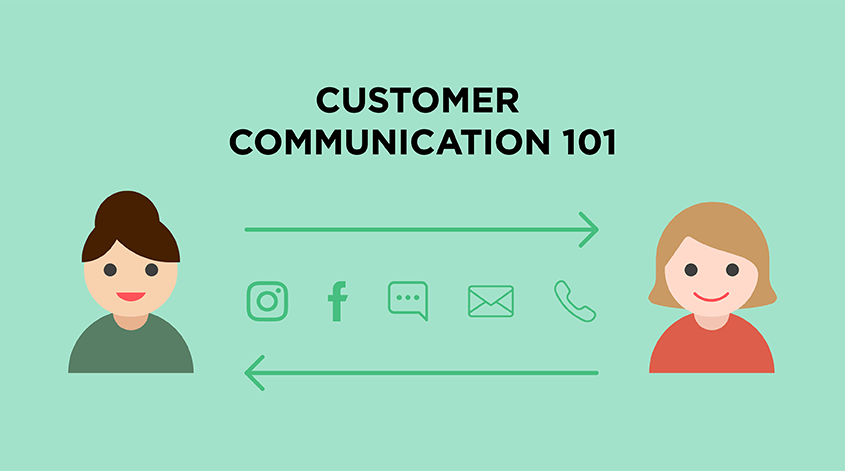Social Media and eCommerce coming together
Social media and eCommerce have often been kept separate. While social was useful to promote a website, product or service it just didn’t amount to sales and conversions. In fact, in 2013 only 1.55% of all traffic to the top eCommerce sites came from social media platforms. But that’s all changing!
Some experts estimate that social media will account for 5% of online sales in 2015 – while that figure may not seem like much the figure is anticipated to continue growing, and rapidly, in the coming years.
The social media platforms are now generating awareness, increasing interest and even facilitating purchases directly. This new sales stream has been dubbed ‘social commerce’.
“Because of the increased use of social media on smartphones and social media’s involvement in retail sales, ‘social selling’ has become red hot. Anyone hoping to improve their online sales success must take advantage of emerging trends. – Eddie Machaalani, co-Founder & co-SEO of Bigcommerce
The most common forms of social commerce:
Peer to peer
Essentially connects the buyer and the seller for a mutual benefit. This strategy thrives on engagement and user participation.
Examples: eBay, Uber and AirBnB
Peer recommendations
Involves product recommendations, product reviews and rewards for social sharing.
Examples: Yelp and Amazon
Group buying
Collective buying platforms where reduced prices are obtained when a minimum number of buyers is reached.
Examples: LivingSocial and Groupon
User-curated shopping
Taking personalised shopping online. Using social media information to create shopping lists based on preferences, reviews and habits.
Examples: Etsy, Fancy and Pinterest
Participatory commerce
Where businesses are able to engage directly with interested parties to build a start-up business or get a product to market. Also known as crowdsourcing or crowdfunding.
Examples: Fundme and Kickstarter
Social shopping
The most exciting of the social commerce options. This allows customers to buy directly through the social media platform via a buy button while also making use of powerful engagement tools like chat functions, forums and commenting. Currently being rolled out on the major social media platforms of Facebook, Pinterest, Instagram and Twitter.
Social commerce tips:
1. Concentrate on Facebook
Facebook is the source of an overwhelming majority of social commerce transactions. According to a Shopify report, Facebook drives 63% of all social media visits to their online stores while Pinterest, only drove 13% of visits. Furthermore, the report found that 85% of orders resulting from social media engagement could be traced back to Facebook.
Engage with your market on Facebook. While it may not create a huge influx in sales it’s a valuable insight for those brands with limited marketing resources. If you find it difficult to maintain an active presence across multiple social media platforms and need to concentrate on just one platform, Facebook might be the best choice.
Keeping your Facebook account up-to-date with information about product launches and eCommerce promotions is a good way to start. Keep in mind, however, that social commerce transactions from other social media platforms are increasing as well. Shopify reports a 79% increase in orders from Pinterest and a 122% increase in orders from LinkedIn.
2. Follow your customers
It can also be extremely helpful to simply follow customers to the social media platform that they prefer to use. If you and your customers aren’t active on Facebook but are members of the same LinkedIn group then the obvious place to publish information about new releases or promotions for your products is on that social media platform.
3. Test and do what works
Social commerce generates plenty of real-time data and helps you to see which platforms result in the most conversions both site visits and purchases. Just follow the numbers.
To learn more about social commerce contact your local branding specialist Liquid Creativity.













Leave a Reply
Your email address will not be published